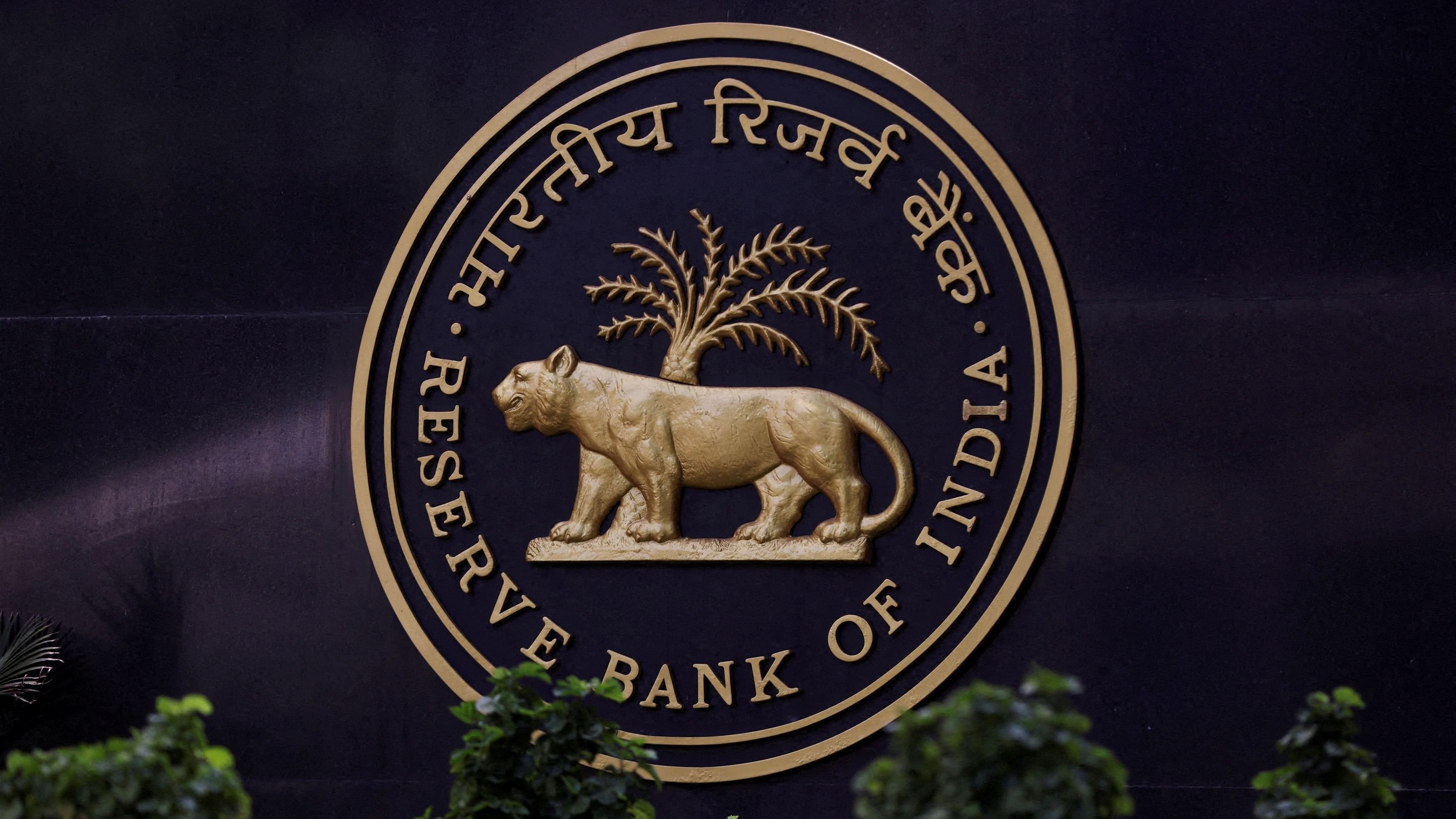
Reserve Bank of India.
India’s unexpected move to buy back bonds signals the central bank is getting proactive in easing liquidity and may switch to a neutral interest-rate stance in its June policy, according to Citigroup Inc.
The Reserve Bank of India on Friday said it would buy back 400 billion rupees ($4.8 billion) of bonds — all maturing in the current fiscal year ending March — on May 9. The announcement, indicating a shift from the RBI’s earlier strategy of keeping liquidity tight, comes as a surprise as cash conditions slightly improved in April.
It “is a clear signal that the RBI has moved away from the approach of keeping the overnight rates closer to the Marginal Standing Facility rate,” economists including Samiran Chakraborty and Baqar M Zaidi wrote in a note. “On the margin, this buttresses our view of a possible move to ‘neutral’ in June.”
Credit: Bloomberg Photo
India bonds rallied in early trade Monday, with the 10-year yields falling to the lowest level in about four weeks.
The MSF is a rate at which banks can obtain emergency funds from the central bank to tide over gaps in liquidity. As the central bank eases liquidity, markets will be watching for a possible change in its monetary policy stance, which remains ‘withdrawal of accommodation’ to keep inflation in check.
The banking system was in a marginal liquidity deficit of 828 billion rupees as of May 3, according to a Bloomberg Economics index. That’s an improvement from a gap of 1.6 trillion rupees seen in late April.
While liquidity tightness was not acute in April and overnight rates had not hit the MSF ceiling, the RBI probably anticipated election-related constraints on government spending could tighten the liquidity, the Citi analysts wrote.
RBI has been very proactive in announcing variable repo auctions and shorter rates could have been managed by it without the buybacks, they said. “This also suggests a higher hurdle for open-market operations sales announcement even if index inclusion flows further improve liquidity.”